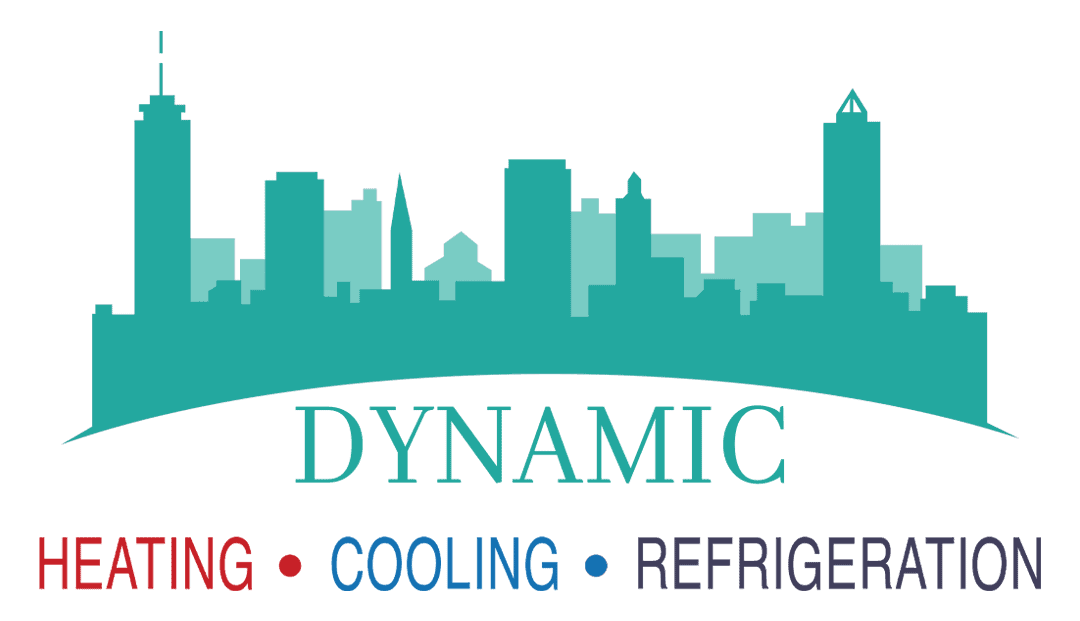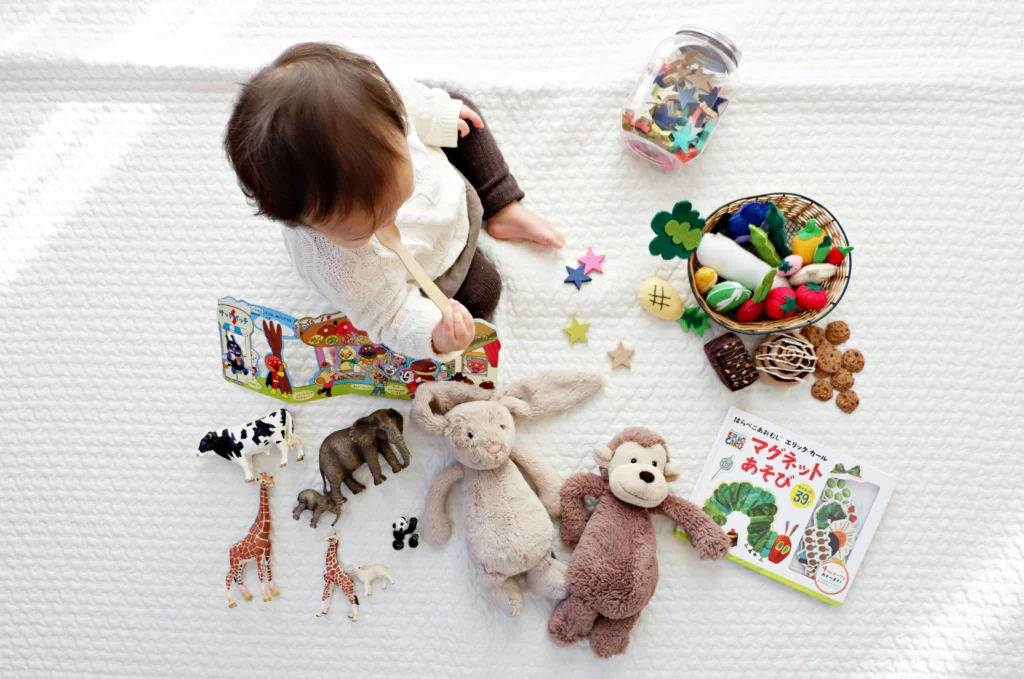When you want to provide
the best for your family, navigating through the plethora of home comfort solutions can be a daunting task. One common dilemma that many homeowners with younger children face is deciding between investing in an air purifier, a humidifier, or perhaps both.Understanding the unique functions and benefits of each device is crucial in making an informed decision that caters to your family’s specific needs. Consider the benefits of each device and how they align with your family’s health and comfort requirements. By doing so, you can create a healthier and more
comfortable living space for everyone.
Air Purifier vs Humidifier: The Role of a Home Humidifier
When considering air quality solutions for your home, it’s important to understand the differences between an air purifier and a humidifier. A home humidifier specifically addresses the issue of dry indoor air, which is a common concern in arid regions or during the colder months. This is where the debate of air purifier vs humidifier becomes relevant, as each device serves a distinct purpose in maintaining a comfortable and healthy living environment.
How a Home Humidifier Works
A home humidifier adds moisture to the air, counteracting the dryness caused by arid climates or heating systems. This increase in humidity can significantly enhance the comfort and health of your living space, making it an essential component of
home comfort solutions.
Benefits of a Home Humidifier
By boosting humidity levels, a home humidifier offers several advantages:
- Soothes Dry Skin and Lips: Combat the dryness that leads to chapped lips and skin during winter months.
- Eases Respiratory Discomfort: Moistens the airways to alleviate irritation in the throat and sinuses.
- Reduces Static Electricity: Prevents the buildup of static, protecting electronic devices and reducing shocks.
- Preserves Wooden Furnishings: Maintains optimal humidity to prevent cracking in wooden furniture and instruments.
Who Needs a Home Humidifier
The benefits of a home humidifier extend to a wide range of individuals:
- Residents of Dry Climates: Essential for maintaining comfort in arid regions.
- Families with Babies: A humidifier for baby helps clear congestion and ensures a better sleep environment for infants.
- Allergy and Asthma Sufferers: Alleviates symptoms by keeping airways moist.
- Homeowners with Wooden Furnishings: Preserves the integrity of wooden furniture and musical instruments.
In some cases, a dehumidifier might be just what you need. Learn more about that here.In the context of air purifier vs humidifier, it’s clear that while an air purifier cleans the air of pollutants, a humidifier for baby addresses a different need by adding moisture to the air. Both devices play a crucial role in creating a healthier and more
comfortable home environment. When choosing between different humidifiers consider the specific needs of your household and the size of the space you wish to humidify.
Air Purifier vs Humidifier: Types of Home Humidifiers
When deciding between an air Purifier vs humidifier, consider the right type of humidifier for your home. Understanding the different options available to cater to your
specific needs is essential. Whether you’re looking for a humidifier for a baby’s nursery or a solution for
your entire home, there are several types of humidifiers to choose from.
Humidifier for Baby
For the nursery, a small humidifier is often the best choice. It’s designed to maintain optimal humidity levels in a confined space, ensuring your baby’s comfort and well-being. These devices are usually quiet and come with features like auto-shutoff and night lights, making them ideal for use in a child’s room.
Steam Humidifier
A steam humidifier works by boiling water to release steam and moisture into the air. This type of humidifier is effective in quickly increasing humidity levels and is suitable for larger spaces. However, the hot steam can pose a burn risk, so it’s not recommended for use in a baby’s nursery.
Whole House Humidifier
For those looking to maintain consistent humidity levels throughout the entire home, a whole house humidifier is an excellent option. These units are typically installed directly into your home’s
HVAC system and work in conjunction with your heating and cooling system to distribute moisture evenly throughout the house. Whole house humidifiers are a convenient and efficient way to ensure optimal humidity levels in every room, making them a popular choice for homeowners.In addition to these types, there are other variations of home humidifiers, such as ultrasonic humidifiers that use high-frequency vibrations to create a fine mist, and evaporative humidifiers that use a wick filter to absorb water and a fan to blow the moisture into the air.
Air Purifier vs Humidifier: Types of Air Purifiers
Selecting the right air purifier can significantly improve the
indoor air quality of your home, helping to reduce allergens, odours, and airborne pollutants. Understanding the various types of air purifiers will help you make an informed choice based on your specific needs. Here’s a breakdown of some common types of air purifiers:
Air Purifier with Washable Filter
An air purifier with a washable filter offers convenience and cost savings, as these filters can be cleaned and reused rather than replaced. This type of air purifier is ideal for those who seek to minimize ongoing maintenance costs and environmental waste. Washable filters typically capture large particles like pet hair and dust, and regular cleaning ensures they continue to operate efficiently.
Carbon Filter Air Purifier
A carbon filter air purifier uses activated carbon to absorb odours and volatile organic compounds (VOCs) from the air. This type of purifier is especially effective at removing chemical pollutants, cigarette smoke, and cooking odours, making it a preferred choice for kitchens, smoking areas, or any indoor space where odours are a concern.
HEPA Air Purifier
HEPA (High-Efficiency Particulate Air) air purifiers are among the most effective at capturing microscopic particles. A true HEPA filter can trap 99.97% of particles that are 0.3 microns in diameter, including pollen, mould spores, dust mite debris, and other allergens. These purifiers are highly recommended for individuals with
allergies or asthma and are often used in medical facilities due to their efficiency.
UV Air Purifier
UV air purifiers use ultraviolet light to kill bacteria and viruses, adding an extra layer of air sanitization. While they do not remove particles from the air, they can be used in conjunction with filters that do. UV air purifiers are beneficial in areas where the spread of germs is a concern, such as homes with young children or elderly residents, and in healthcare settings.
Ionic Air Purifier
Ionic air purifiers, or ionizers, use charged ions to clean the air. These ions attach to airborne particles, making them heavier and causing them to fall from the air.While effective at removing particles from the air, some ionizers can produce small amounts of ozone. It’s a lung irritant, so it’s important to choose models that are specifically marketed as ozone-free.
Air Filter Cleaner
Maintaining your air purifier’s efficiency involves regular cleaning and
maintenance, especially concerning the filters. Using an air filter cleaner can help extend the life of these filters and ensure that your air purifier operates at peak performance. Regularly
cleaning the filters can prevent the buildup of dust and pollutants that can impede airflow and degrade air quality.
Air Purifier vs Humidifier: Clarifying the Differences and Synergies
The difference between humidifier and air purifier is clear: air purifiers focus on air quality by filtering out unwanted particles and gases, whereas humidifiers primarily ensure that the air moisture is at a healthy and comfortable level. This distinction highlights that each device serves a complementary role in maintaining a
healthy indoor environment.
The Case for Both an Air Purifier and a Humidifier
Integrating an air purifier and a humidifier into your home can be highly beneficial in many scenarios. For instance, during winter, a humidifier can alleviate the dryness caused by your heating system, which helps in preventing dry skin, static electricity, and respiratory irritation. Concurrently, an air purifier can significantly reduce the presence of flu viruses, which are more stable in dry air, alongside minimizing other airborne pollutants and allergens.Combining both devices ensures a holistic approach to air management in your home. A small humidifier or a personal humidifier in specific areas like bedrooms or an
HVAC home humidifier system can work seamlessly alongside air purifiers to create a consistently healthy and comfortable environment.Using an aromatherapy oil humidifier adds a layer of therapeutic benefits through essential oils while still augmenting the humidity. This can be particularly soothing in settings like a nursery, where a humidifier for baby alongside a gentle air purifier can foster a serene and clean atmosphere for young children.
Conclusion: Embracing Dual Solutions for Optimal Air Quality
Ultimately, when considering air purifier vs humidifier, it’s not just about choosing one over the other but recognising that each plays a vital role in creating a healthier indoor environment. By integrating both, you can ensure that your home is not only free from pollutants and allergens but also maintains a comfortable level of humidity.
Contact Us for Whole Home HVAC Maintenance Plan
At
Dynamic Heating and Cooling, we offer comprehensive HVAC services, including air purifier and humidifier installation and maintenance. If you’re looking to ensure optimal comfort and air quality in your home, contact us to learn more about our whole-home
HVAC maintenance plans. Get the comfort you’re looking for with our expert services. Call us at 289-962-4811 or r
equest a quote online today.


